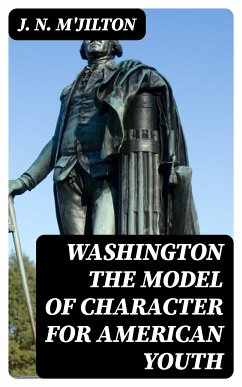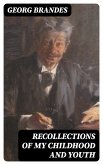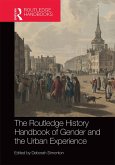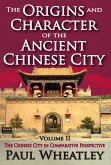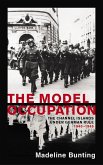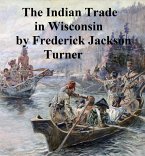In "Washington the Model of Character for American Youth," J. N. M'Jilton presents a compelling exploration of George Washington as an archetype of virtue for young Americans. Through an engaging narrative interspersed with anecdotes, the author employs a didactic style that eloquently illuminates Washington's moral discipline, leadership qualities, and unwavering commitment to patriotism. M'Jilton artfully situates Washington within the broader context of 19th-century American values, emphasizing the importance of character education during a period of nation-building and societal formation. This work serves not only as a biography but also as a moral compass for its readers, urging them to emulate Washington's exemplary traits such as integrity, resilience, and humility. J. N. M'Jilton was an educator and moral philosopher whose own experiences in the rapidly evolving socio-political landscape of the United States profoundly shaped his ideals about character formation. His commitment to the development of youth through robust moral education is evident in his selection of Washington as a central figure in this discourse. M'Jilton's insights reflect a genuine belief that the principles embodied by Washington can serve as guiding tenets for future generations, fostering responsible citizenship in a democratic society. This book is highly recommended for educators, parents, and young readers who seek inspiration from historical figures. The rich narrative coupled with practical lessons makes it an invaluable resource for teaching character education, thus ensuring that Washington's legacy continues to influence and guide young minds as they navigate their own paths in life.
Dieser Download kann aus rechtlichen Gründen nur mit Rechnungsadresse in A, B, BG, CY, CZ, D, DK, EW, E, FIN, F, GR, H, IRL, I, LT, L, LR, M, NL, PL, P, R, S, SLO, SK ausgeliefert werden.

